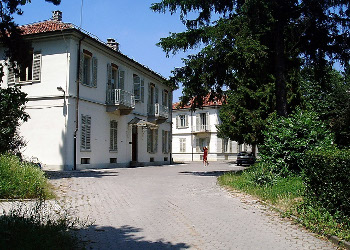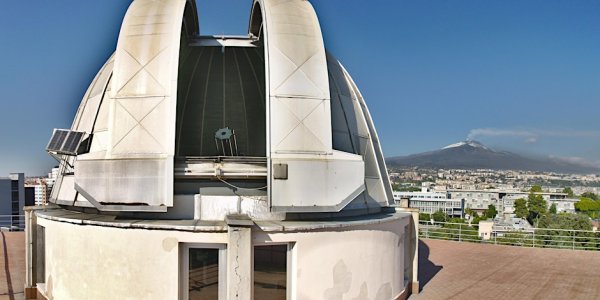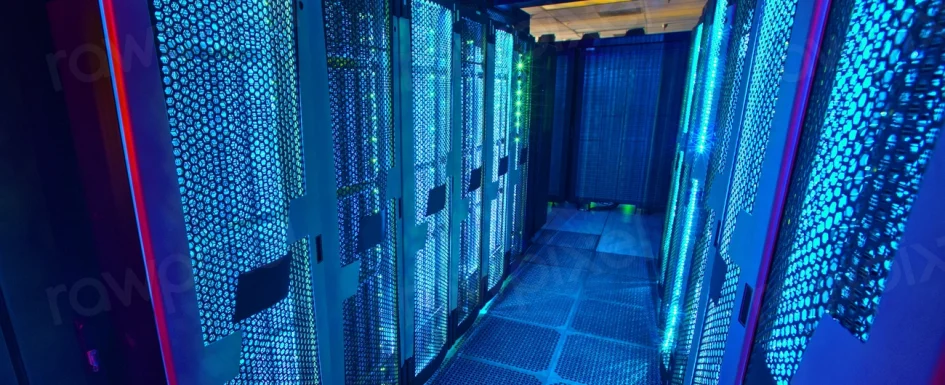Corso Containerizzazione del software per il calcolo scientifico e le infrastrutture, Torino 12-14 maggio 2025
Siamo lieti di annunciare che l’USC-C (precedentemente nota come USC VIII) organizza il secondo corso in presenza (con possibilità di seguire da remoto) sulla containerizzazione del software per il calcolo scientifico e le infrastrutture. Il corso introdurrà i fondamenti della containerizzazione del software, insieme a concetti più avanzati rilevanti sia per il calcolo scientifico che per i servizi IT. L’evento si terrà dal 12 al 14 maggio 2025 presso l’Osservatorio Astrofisicodi Torino. La pagina web è disponibile QUI Il corso è gratuito e limitato a 40 persone. Anche le pause caffè e il pranzo del 13 maggio sono offerti dall’organizzazione.La scadenza per le iscrizioni èRead More →





